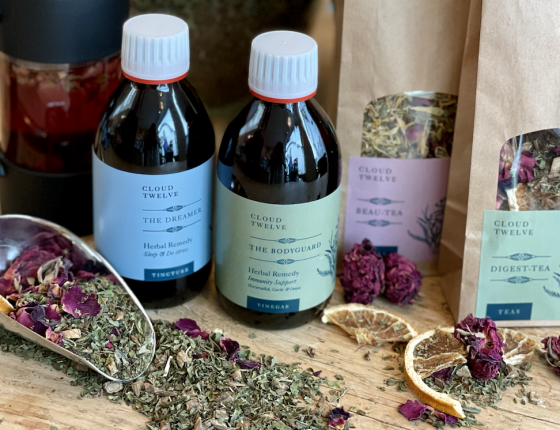
The Hair & Scalp Type Guides: Oily, Dry, Dandruff & Hair Loss
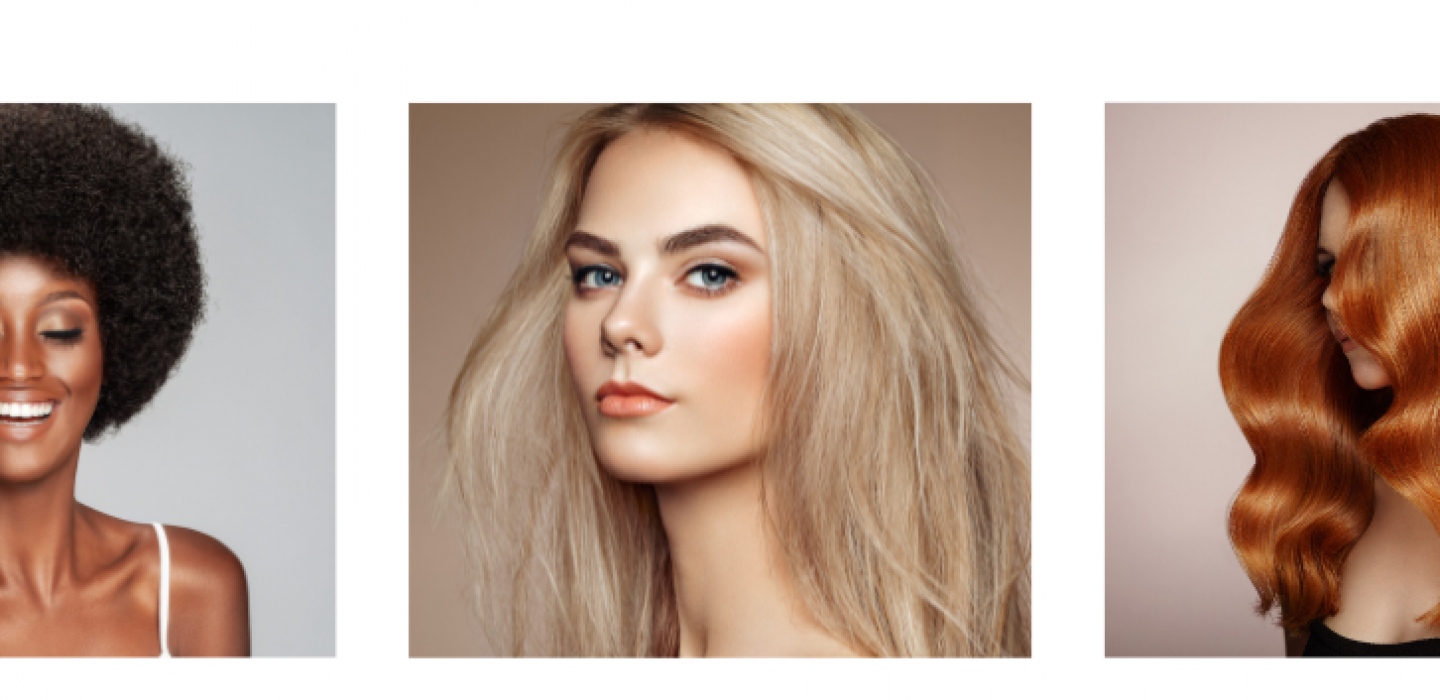
The Hair & Scakp Type Guide:
How to look after: Oily / Dry / Dandruff / Hair Loss
For: Dry Scalp and Hair
Dry hair can be caused by a variety of factors including diet, lifestyle, environmental conditions, and hair care practices, as well as some medical conditions such as hypothyroidism, anaemia, eczema or psoriasis. Here are some diet, supplement, and lifestyle recommendations to help improve the condition of dry hair:
Diet
Hydration: Drink between 1.5-2 litres of clean water. Eat hydrating foods – cucumbers, watermelon, celery, broths and soups. Watch your caffeine and alcohol intake, as they dehydrate the body. Improve your water by adding electrolytes (strawberry, mango, watermelon, pinch of salt) to make it more hydrating. Pay attention to the quality of your water. Reduce intake of dehydrating foods and drinks, such as salty and processed foods, coffee, black teas and alcohol.
Healthy Fats: Include omega-3 fatty acids in your diet. These are found in fish (salmon, mackerel, sardines), flaxseeds, chia seeds and walnuts. Make sure fish is organic or wild-caught fish of smaller size. You can also take Omega-3 in a supplement form.
Proteins: Hair is made of protein, so make sure you're getting enough. Good sources include lean meats, fish, eggs, dairy products, legumes, nuts, and seeds. Make sure you eat mindfully and use herbs and supplements if needed to ensure optimal absorption and assimilation of proteins.
Increase intake of brightly coloured, fresh, seasonal Fruits and Vegetables: These provide essential vitamins and minerals and anti-oxidants that help regulate sebum production. that support overall skin and scalp health.
Vitamins and Minerals
Vitamin A: Found in liver, fish liver oils, egg yolks. It helps regulate sebum, which keeps hair moisturised.
Vitamin C: Helps in the production of collagen and can be found in citrus fruits, strawberries, and bell peppers.
Vitamin E: Found in nuts, seeds, and spinach. It helps protect hair from damage.
Biotin (Vitamin B7): Important for hair health and found in eggs, nuts, seeds, and sweet potatoes.
Multivitamins: A good-quality multivitamin can help cover any nutritional gaps in your diet.
Collagen Supplements: May improve hair strength and moisture.
Lifestyle
Gentle Hair Care: Avoid washing your hair too frequently; 2-3 times a week is usually sufficient. Use a sulfate-free, moisturizing shampoo and conditioner. Avoid hot water when washing hair; use lukewarm water instead.
Our recommendation for dry and sensitive scalp is Davines’s Naturaltech Calming Shampoo and the Renewing Conditioning treatment.
Heat Protection: Minimise the use of heat styling tools like hair dryers, curling irons, and straighteners. Always use a heat protectant spray if you need to use heat styling tools.
Scalp Care: Regularly massage and decongest your scalp from toxins to stimulate blood flow and promote healthy hair growth.
Avoid Toxic Chemicals: Stay away from hair products containing alcohol, sulphates, and parabens which can strip moisture from the hair. Use Yuka app to check for toxic ingredients in haircare products.
Environmental Protection: Protect your hair from the sun, heat, wind, and chlorinated or salty water by wearing a hat, applying SPF for hair or using a swim cap.
Humidifier: Use a humidifier in your bedroom to add moisture to the air, especially during dry seasons.
Consult Cloud Twelve Wellness clinic if you have a medical condition that affects your scalp and heal health for an individualised diet, supplement and herbal prescription.
For: Oily Scalp and Hair
Managing oily hair effectively involves a combination of dietary changes, supplements, and lifestyle adjustments.
Diet
Hydration: Ensure adequate hydration to balance oil production. Dehydrated skin has a compromised barrier function, which can lead to increased oil production as the body tries to protect the skin. Drink between 1.5-2 litres of clean water. Eat hydrating foods – cucumbers, watermelon, celery, broths and soups. Watch your caffeine and alcohol intake, as they dehydrate the body. Improve your water. Add electrolytes (strawberry, mango, watermelon, pinch of salt) to make it more hydrating. Reduce intake of dehydrating foods and drinks, such as salty and processed foods, caffeinated drinks and alcohol.
Reduce Saturated and Trans Fats and Refined Sugars: Excessive intake of these can lead to increased sebum production. Limit fried foods, processed snacks, and sugary drinks.
Increase intake of brightly coloured, fresh, seasonal Fruits and Vegetables: These provide essential vitamins and minerals and anti-oxidants that help regulate sebum production and that support overall skin and scalp health.
Healthy Fats: Include omega-3 fatty acids in your diet. These are found in fish (salmon, mackerel, sardines), flaxseeds, chia seeds and walnuts. Make sure fish is organic or wild-caught fish of smaller size. You can also take Omega-3 in a supplement form. Omega-3 fatty acids are vital components of cell membranes. Healthy cell membranes improve the overall function of skin cells, including the sebaceous glands, leading to balanced sebum production.
Vitamins and Minerals
Vitamin A: Found in carrots, sweet potatoes, and leafy greens. It helps regulate the amount of sebum produced and prevents the sebaceous glands from becoming overactive.
Vitamin B Complex: B vitamins often work synergistically, meaning they enhance each other's effects when consumed together. A balanced intake of all B vitamins ensures optimal metabolic and hormonal function, which can collectively help manage sebum production and reduce oily hair.
Zinc: Helps control oil production. Found in meat, shellfish, legumes, and seeds. Zinc: Helps in sebum regulation.
Lifestyle
Hair Washing Routine: Wash your hair regularly to remove excess oil, but not too frequently as it can strip the scalp and cause more oil production. Aim for every other day. Use a shampoo specifically designed for oily hair.
Our recommendations are Davines’s Naturaltech Rebalancing Shampoo and the Renewing Conditioning treatment.
Look for labels indicating clarifying or balancing properties. Apply conditioner only to the ends of your hair, not the scalp, to avoid adding extra oil. Ensure you rinse your hair thoroughly to remove all shampoo and conditioner, which can build up and attract more oil.
Avoid Heavy Hair Products: Stay away from products that add extra moisture or oil, such as heavy creams and serums. Use lightweight, oil-free styling products.
Scalp Care: Avoid scrubbing your scalp too harshly as it can stimulate more oil production. Consider using a scalp scrub or exfoliating Head Spa treatment once a week to remove excess oil and dead skin cells. Rinse your hair with apple cider vinegar diluted in water once a week to balance scalp pH and reduce build-up between treatments.
Hands Off: Try not to touch your hair frequently throughout the day as this can transfer oils from your hands to your hair. Keep your hair up or styled away from your face to reduce oil transfer from your skin to your hair.
Consult Cloud Twelve Wellness clinic if you have a medical condition that affects your scalp and heal health for an individualised diet, supplement and herbal prescription.
For: Dandruff and Flaky Scalp
Dandruff is commonly related to seborrheic dermatitis, which causes itchy and flaky skin on the scalp and may be due to may be due to the yeast Malassezia, excess oil in your skin, or issues with your immune system. Managing dandruff involves a combination of dietary adjustments, appropriate supplements, and lifestyle changes.
Diet
Increase intake of brightly coloured, fresh, seasonal Fruits and Vegetables: These provide essential vitamins and minerals and anti-oxidants that support overall skin and scalp health.
Anti-Inflammatory Foods: Omega-3 fatty acids can protect from chronic or uncontrolled inflammation. These are found in fish (salmon, mackerel, sardines), flaxseeds, chia seeds and walnuts. Make sure fish is organic or wild-caught fish of smaller size. You can also take Omega-3 in a supplement form. Add anti-inflammatory spices such as turmeric, ginger to your recipes.
Probiotic and Prebiotic-rich Foods to support healthy gut and skin microbiome: Probiotics are beneficial bacteria, and prebiotics are food that feeds these bacteria. Yogurt, kefir, sauerkraut, kimchi are probiotics, while onions, garlic, artichokes, asparagus, apples, oats are prebiotics, that support a healthy gut microbiome, which can improve overall skin health, including the scalp.
Avoid Trigger Foods: processed foods, sugar, dairy products, refined carbohydrates, yeast and alcohol.
Vitamins, herbs and minerals
Probiotic Supplements: Help balance the gut microbiome, which can improve overall skin health and potentially reduce dandruff.
Zinc: is crucial for skin health and can help control dandruff. It has antifungal properties that combat dandruff caused by Malassezia yeast.
Vitamin D: is important for immune function and skin health. Deficiency can contribute to skin issues, including dandruff.
Herbs such as Pau D’Arco and Neem have anti-fungal properties and could be prescribed at Cloud Twelve Herbal Clinic.
Lifestyle
Hair Care: Wash your hair regularly with a mild shampoo to remove excess oil and flakes. Avoid shampoos and hair products with harsh chemicals that can irritate the scalp. Our recommendations are Davines’s Naturaltech Purifying Shampoo and the Renewing Conditioning treatment along with the Davines’s Naturaltech Calming superactive.
The Purifying Scalp Facial would be ideal for dandruff or flaking scalps & those suffering from psoriasis
Scalp Care: Regularly massage your scalp to improve blood circulation and help in the absorption of oils and treatments. Avoid scrubbing your scalp too harshly as it can stimulate more oil production. Consider using a scalp scrub or exfoliating Head Spa treatment once a week to remove excess oil and dead skin cells. Rinse your hair with apple cider vinegar diluted in water once a week to balance scalp pH and reduce build-up between treatments. The Rebalancing Scalp Facial is ideal or oily scalps; treating excess sebum.
Avoid Heat Styling: Excessive use of hairdryers, straighteners, and curling irons can dry out the scalp, worsening dandruff.
Sun Exposure: Exposure to sunlight can help reduce the growth of Malassezia yeast. Aim for moderate, safe sun exposure, or consider using UV therapy under medical guidance if appropriate. Wear breathable hats!
Avoid Tight Hairstyles: Avoid hairstyles that pull tightly on the scalp, as they can cause irritation and worsen dandruff.
Consult Cloud Twelve Wellness clinic if you have a medical condition that affects your scalp and heal health for an individualised diet, supplement and herbal prescription.
For: Hair Loss
Hair loss can be influenced by various factors including genetics, nutrition, hormonal balance, mental and emotional health. Managing and potentially mitigating hair loss often involves a combination of dietary adjustments, supplements, and lifestyle changes.
Diet
Protein-Rich Foods: Hair is primarily made of keratin, a protein. Include lean meats, fish, eggs, legumes, and nuts to support hair structure.
Healthy Fats: Incorporate sources of healthy fats such as avocados, nuts, seeds, and olive oil to maintain scalp health and hydration.
Anti-Inflammatory Foods: Omega-3 fatty acids can protect from chronic or uncontrolled inflammation. These are found in fish (salmon, mackerel, sardines), flaxseeds, chia seeds and walnuts. Make sure fish is organic or wild-caught fish of smaller size. You can also take Omega-3 in a supplement form. Add anti-inflammatory spices such as turmeric, ginger to your recipes.
Vitamins, herbs and minerals
Iron: Found in red meat, spinach, lentils, and fortified cereals. Iron is essential for healthy hair growth and preventing hair loss.
Vitamin C: Enhances iron absorption and promotes collagen production. Include citrus fruits, strawberries, and bell peppers.
Biotin (Vitamin B7): Found in eggs, nuts, seeds, and sweet potatoes. Biotin supports hair health and strength.
Vitamin D: Supports the hair growth cycle. Sources include fatty fish, fortified dairy products, and sunlight.
Zinc: Zinc supports hair growth and repair.
There is a wide range of herbs to combat hair loss, addressing the root cause:
- Herbs that help improve scalp nutrition and circulation: nettle leaf, mint, rosemary
- Herbs that correct hormonal balance: saw palmetto, nettle root, white peony, vitex, licorice
- Herbs that support immune system and gut health: reishi, barberry, wormwood, astragalus
- Herbs that support nervous system: ashwagandha, passionflower, Californian poppy, skullcap
Lifestyle
Scalp Care: Gentle Washing: Use a mild shampoo suitable for your hair type, the Davines NaturalTech Energising Shampoo and Renewing conditioner are a great option. Avoid over-washing, which can strip the scalp of natural oils.
The Davines Energising Seasonal Super active is an amazing scalp lotion for fragile and thinning hair along with our Energising Scalp Facial - Ideal for hair loss & preventative for forms of alopecia.
Scalp Massage: Regularly massage your scalp to improve blood circulation and promote hair growth.
Avoid Heat and Chemicals: Limit Heat Styling: Reduce the use of hairdryers, straighteners, and curling irons to prevent damage.
Avoid Harsh Chemicals: Minimize the use of hair dyes and treatments that can weaken hair. Use Yuka app to check for toxic ingredients in haircare products.
Regular Exercise: Benefits: Improves blood circulation and reduces stress, both of which support healthy hair growth.
Sleep: Sleep plays a crucial role in maintaining our overall health, including the health of our hair. Lack of sleep or poor sleep quality can contribute to hair loss in several ways; Stress, Hormonal imbalance, Weakened immune system, Poor blood circulation and Nutrient absorption.
To minimise hair loss related to sleep, aim for 7-9 hours of quality sleep each night, maintain a consistent sleep schedule.
Stress Management: To counteract stress-related hair loss, it's important to adopt stress management techniques such as meditation, yoga, regular exercise, and prioritising a good night's sleep. Additionally, a balanced diet, staying hydrated, and scalp care can help support hair health. If hair loss continues, consult a healthcare professional or a dermatologist for guidance and potential treatment options.
Avoid Tight Hairstyles: Avoid hairstyles that pull tightly on the hair, as they can lead to traction alopecia.
Consult Cloud Twelve Wellness clinic if you have a medical condition that affects your scalp and heal health for an individualized diet, supplement and herbal prescription.
Jenya Di Pierro

Author: Jenya Di Pierro
Founder, Naturopath & Herbal Medicine Practitioner
BSc, MSc, DipCNM, AMH, ANP


Bio-Hacking for Menopause
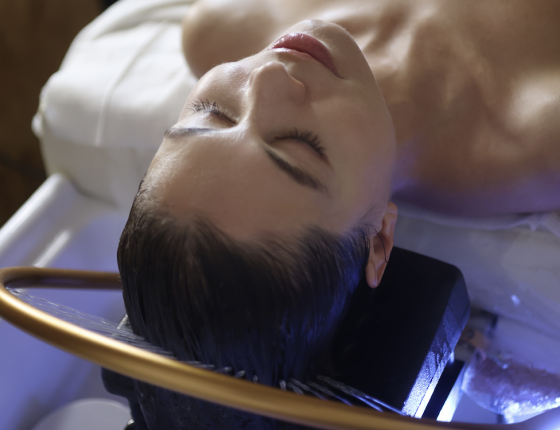
Are Head Spas The New Non-Negotiable Beauty Ritual?
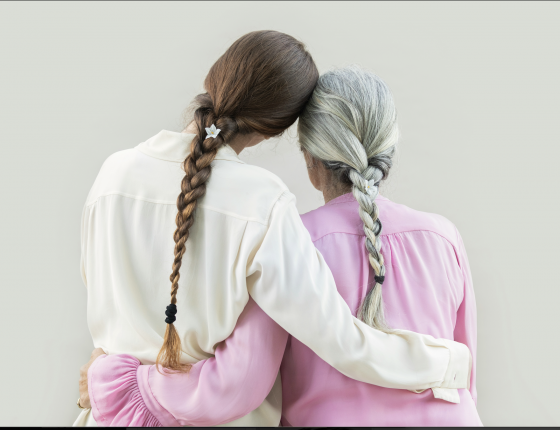
Menopause & Hair Loss: Real Causes of Thinning Hair in Midlife
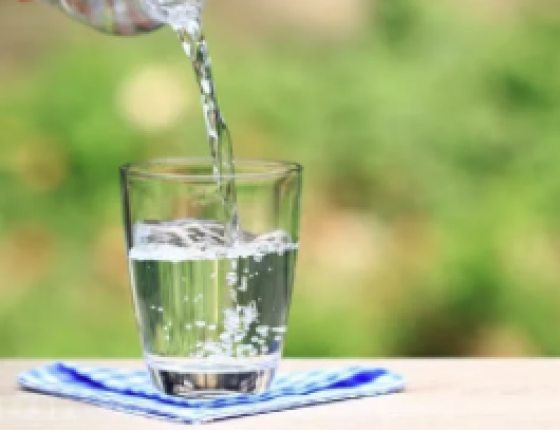
Why I Never Drink Tap Water — And What You Should Know About Contaminants
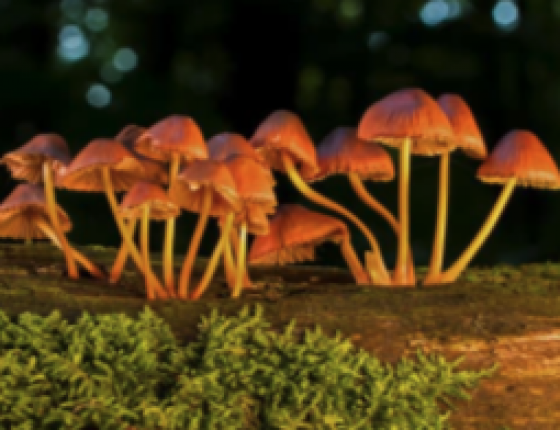
The Standard - Best Reishi supplements for powerful adaptogenic support
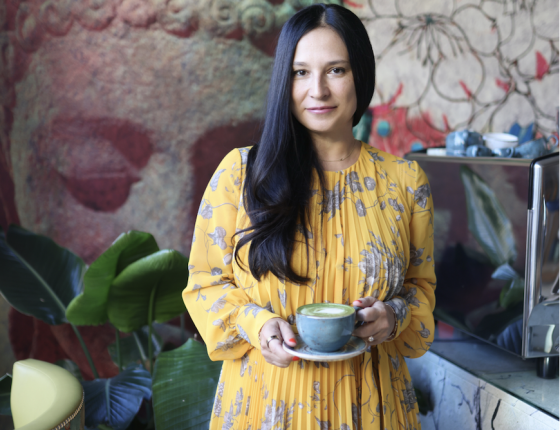
Five ways to stay balanced this festive season - Yahoo News
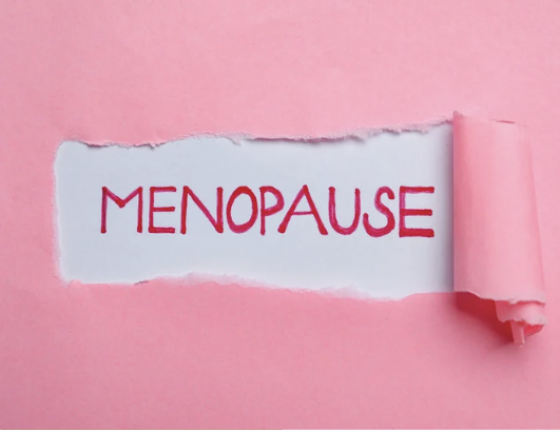
Natural Management of Menopause Part 1: Herbal Remedies
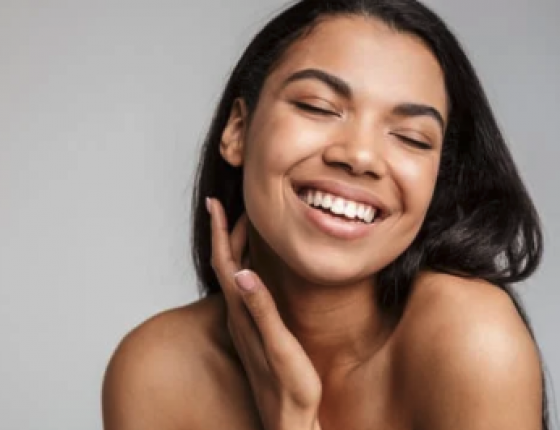
How to Look After Your Skin in Winter

Boosting Immunity Before Your Winter Holidays
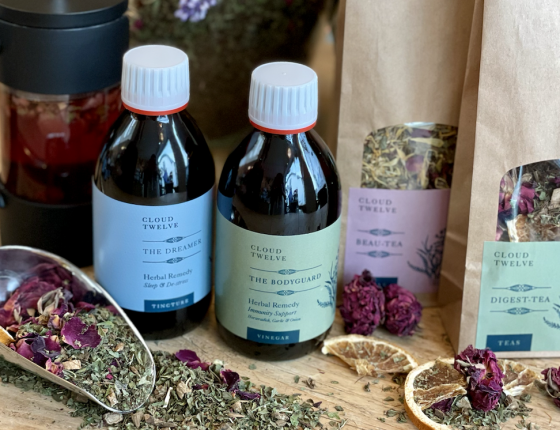
Herbs and Tips for Winter Wellness

Improving Egg Quality and Boosting Fertility for Women in their 40s
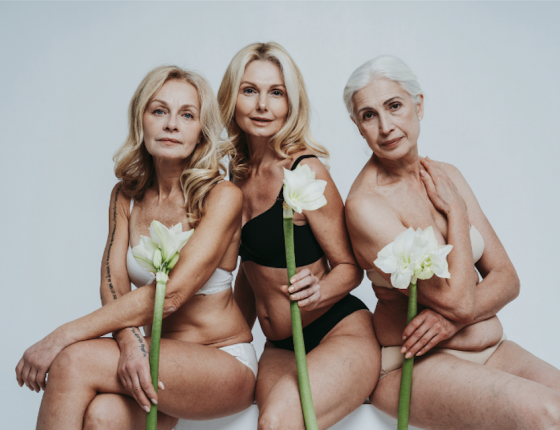
Diet for Menopause
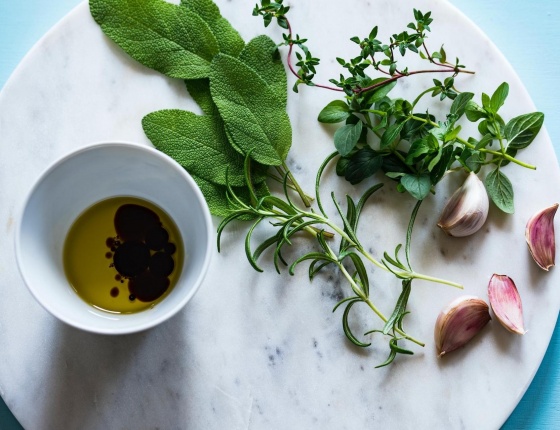
Nature's Cure for Hair Loss: Herbal Remedies That Work

Herbs to Boost Fertility

11 Steps To Detox Your Mind

Nutrition & Lifestyle Habits For An Effective Detox

Top Tips For Staying Healthy During the Party Season
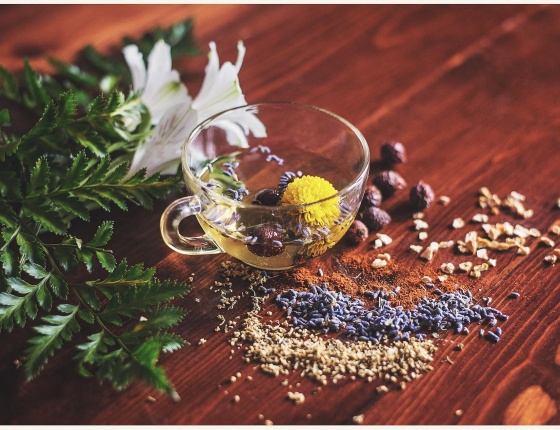
SheerLuxe: Jenya Di Pierro Shares Her Expert Tips To Dealing With Reflux
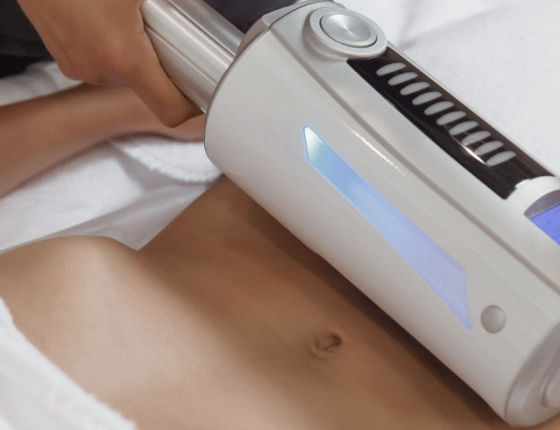
10 Natural Treatments For Cellulite
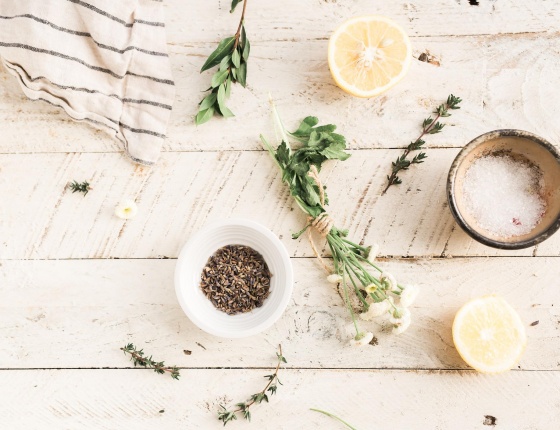
The Best Nutrition Tips For Combatting Cellulite
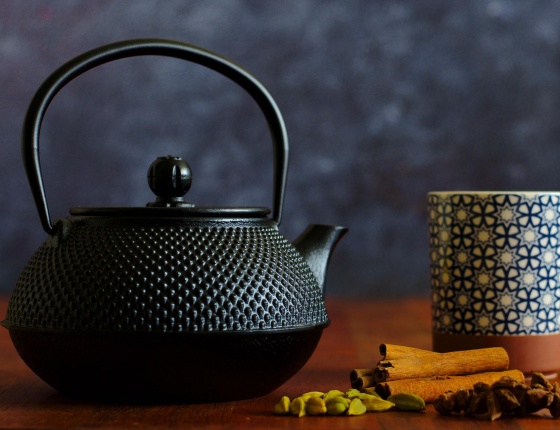
Country & Townhouse: Jenya advises on healing your gut with a little help from the East. How to do an Ayurvedic cleanse
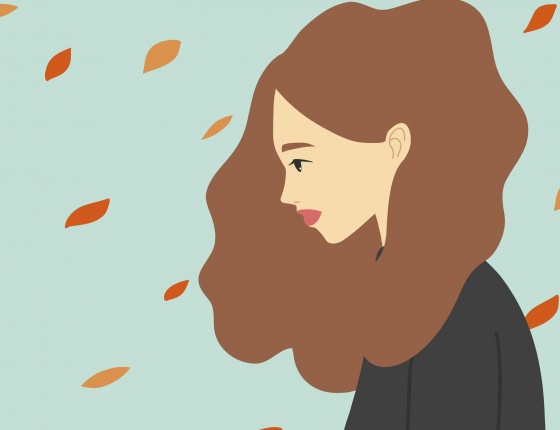
GoodToKnow: Winter blues - 11 ways to deal with seasonal affective disorder, according to experts
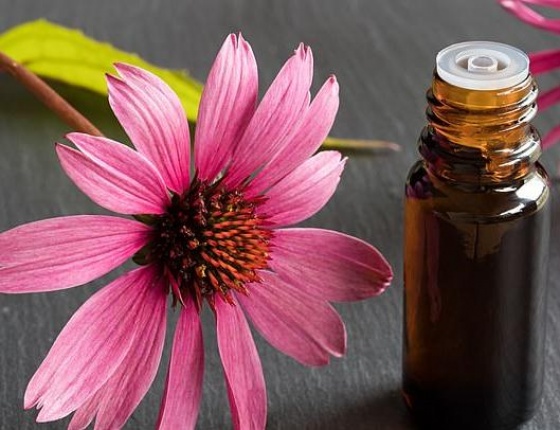
Daily Mail: Could a houseplant help cure YOUR health woes? Experts reveal their surprising healing properties

The Telegraph: Demand for ultra-skilled nannies and kids members' clubs surges post-lockdown

Domus Stay: Jenya Di Pierro on how Cloud Twelve puts wellbeing at the top of the agenda
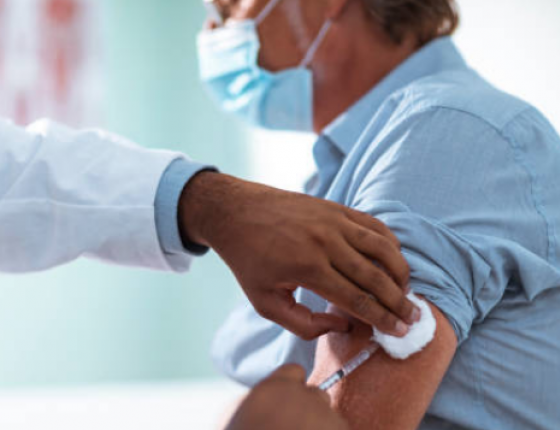
Wellbeing: Natural remedies and herbs to help recover from vaccine side effects
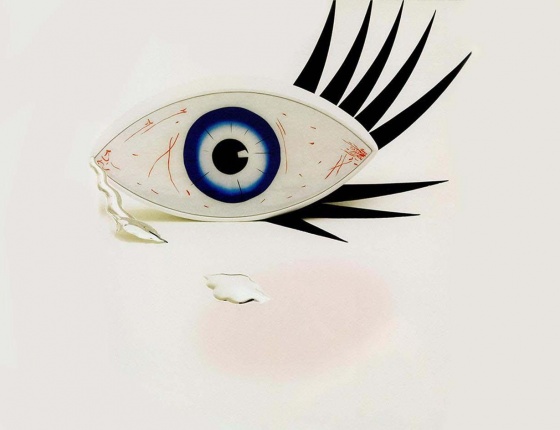
Wallpaper: Natural remedies for allergy fatigue and other hay fever symptoms
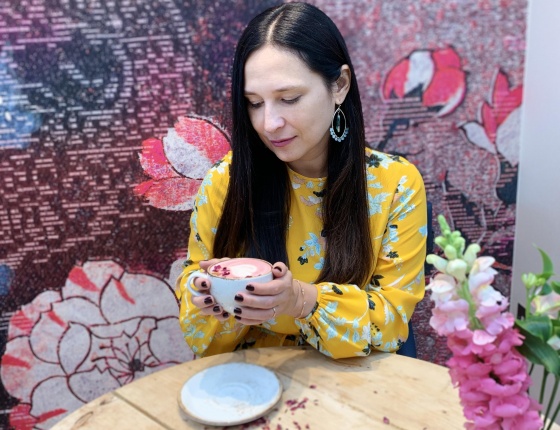
Your Healthy Living: 10 ways to fight the ageing process

OmYoga: The power of plants: 7 healing plants to keep healthy and balanced
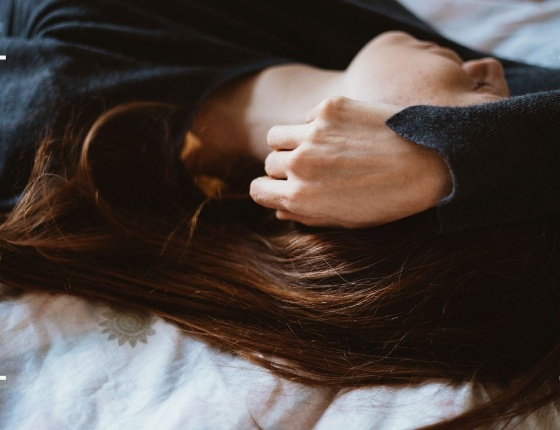
Woman & Home: 10 natural cures for insomnia to help end sleepless nights

Harpers Bazaar: Why it's time to reclaim a bespoke approach
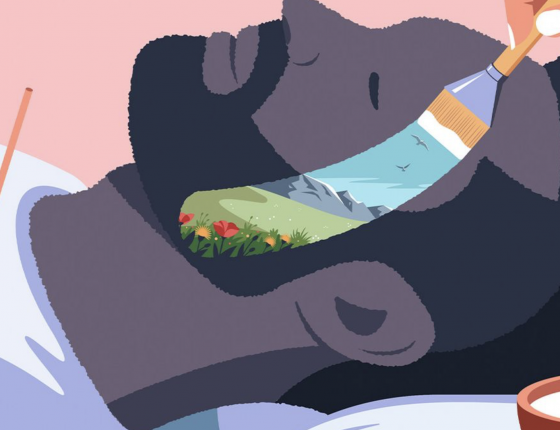
Mr Porter: The Best Holistic And Natural Treatments For Men To Try Now
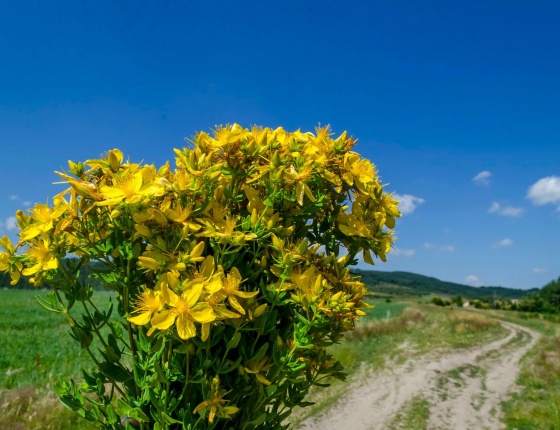
Luxurious Magazine: Herbalist Jenya Di Pierro's top healing plants for a healthy 2022
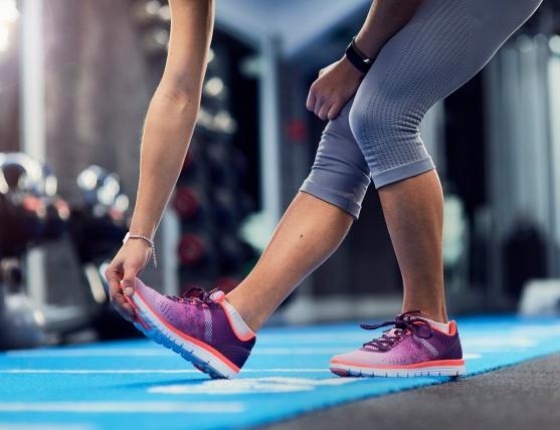
Metro: Sport recovery is about more than rest days — here are the most effective therapies

Beauty Daily: The top 10 healing plants for a healthy and balanced 2022
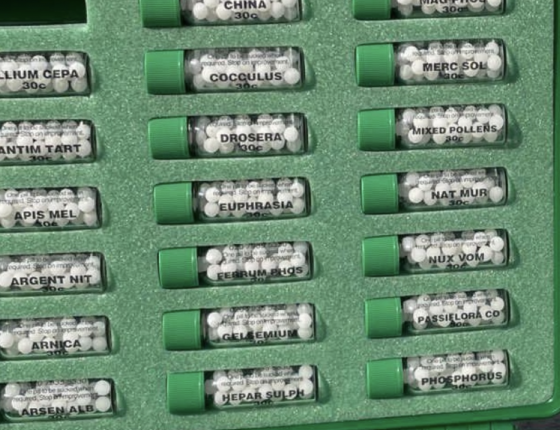
Tips and Hacks for Holiday Health
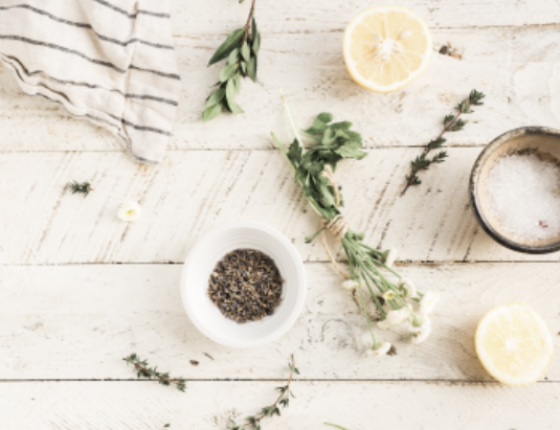
Your guide to Adaptogens

7 Daily Health Habits
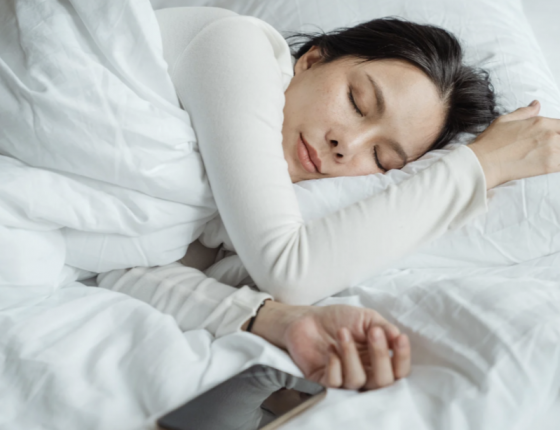
13 Healthy Sleep Hygiene Habits
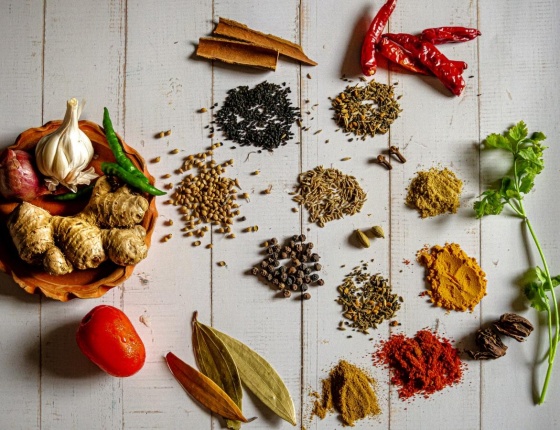
How to boost daily nutrition by adding a few clever ingredients
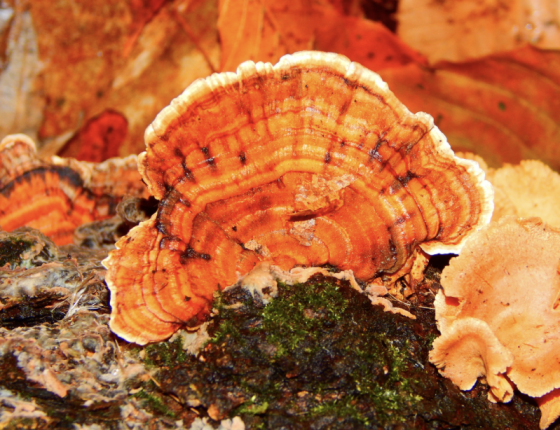
The ultimate guide to Medicinal Mushrooms
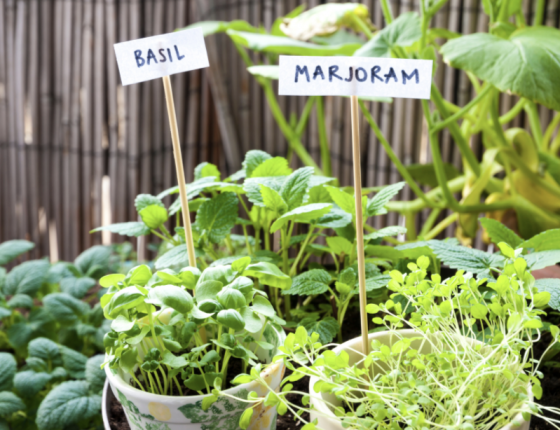
Herbs for respiratory system that can grow in your garden

Tips on How to Reduce Stress

10 Self Care Tips
